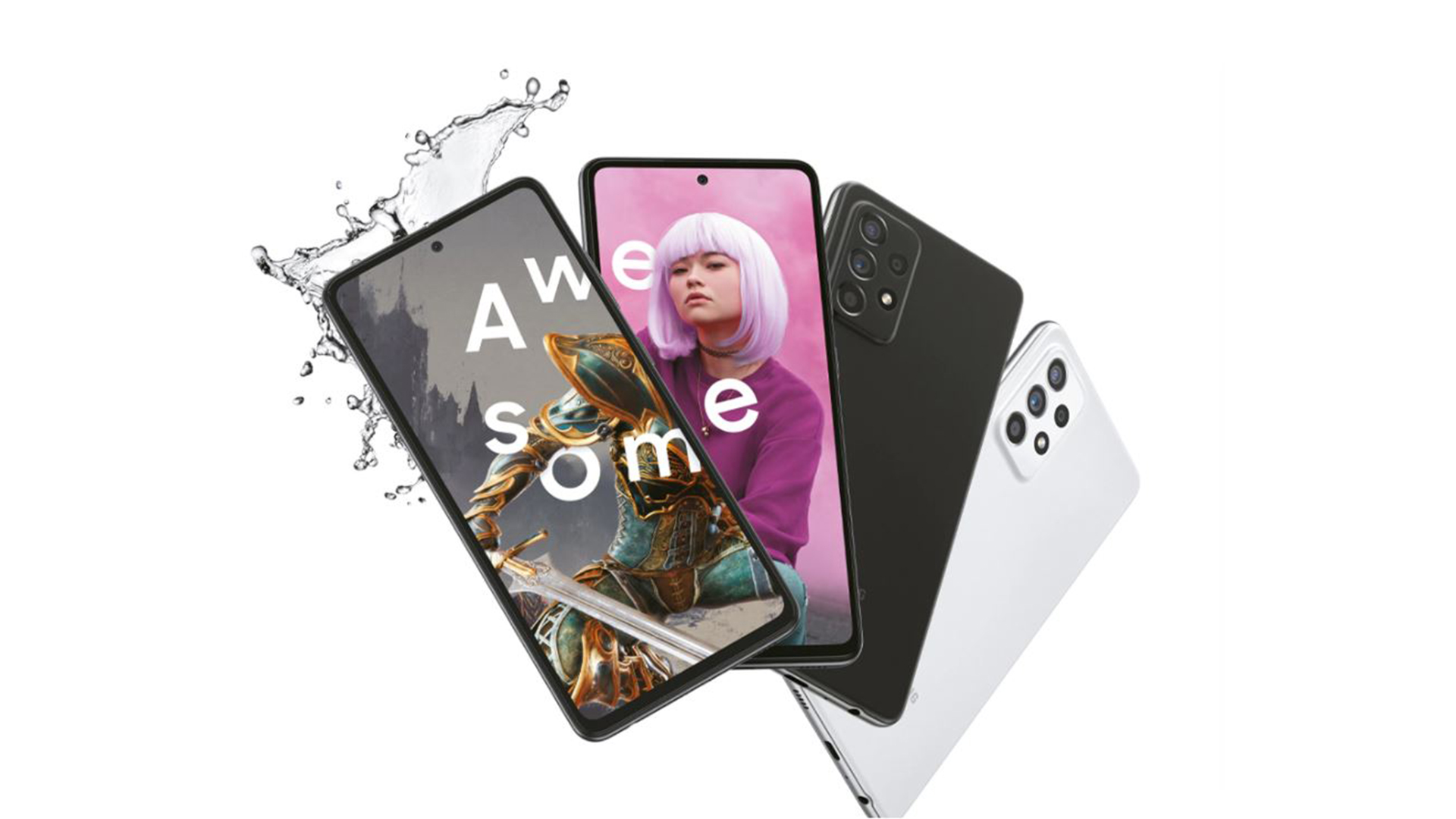Samsung’s Galaxy A series phones may come with a flagship camera feature in '22
Time to democratize OIS

Camera performance is one of the major deciding factors when it comes to smartphone purchases. While brands ensure that the flagship phones get the best of everything, the affordable line-up of devices often tends to miss out on some critically important features.
South Korean smartphone maker, Samsung is reportedly going to change this and bring massive camera upgrades to the Galaxy A lineup which primarily includes mid-range devices. In various countries including India, the A series is the one that is destined to be sold in offline retail stores, while the M series has devices falling in the value for money segment and are primarily sold online.
According to the reports coming out of South Korea, we can expect Samsung to add OIS support to all its A-series devices slated to launch next year. To date, optical image stabilization has been limited to a handful of devices including the Galaxy S and Note series.
- Best camera phone 2021: our picks for the best smartphone cameras right now
- Best Samsung phones 2021: finding the Galaxy phone for you
Even considering devices from other brands, the said feature is still considered to be premium and is not commonly available in all smartphones. This suggests that Samsung’s plan to democratize OIS could have a spill-over effect and we may see other brands adding OIS to their primary cameras in 2022.
What is OIS (Optical Image Stabilization)
For those unaware, OIS or Optical Image Stabilization is a mechanical solution that uses small motors that neutralize camera movements. These motors detect motion, counteract it by automatically moving the camera in the opposite direction.
OIS not only helps in capturing stable videos by negating hand movement, but it is also extremely helpful in reducing blur from images especially during low-light photography. This can be considered as a Gimbal for the camera sensor rather than the entire phone.
To keep costs in check, brands use EIS or Electronic Image Stabilization - a software-based stabilisation to counter any movement. Compared to OIS, EIS is cheaper and found on most smartphones but also not as effective as the mechanical solution.
Get daily insight, inspiration and deals in your inbox
Sign up for breaking news, reviews, opinion, top tech deals, and more.
Since this is an expensive bit of technology – it may also have a ripple effect on the pricing of Samsung’s smartphones starting next year. However, Samsung seems to be all set to make the technology available to cheaper phones to ward off competition from Chinese brands like Oppo, OnePlus, Xiaomi and even the most affordable iPhone – the iPhone SE.
Analysis: With its back against the wall, Samsung forced to democratize flagship technology
While Samsung has recently launched its new foldable smartphones setting a new industry benchmark, the company has been concerned about the dropping sales numbers. Despite its flagship devices including the Galaxy S series, Note series and now the foldable phones line up, the numbers haven’t been as impressive as the company would have wanted.
This resulted in the company losing its numero-uno position for the first time to the Chinese competitor Xiaomi. While Huawei has been ousted from the market, other brands like OnePlus, Oppo and Vivo have made sure that Samsung is not able to gain much out of it.
This would’ve forced Samsung to add a differentiating feature to its A-series lineup. Though we may have to wait and see if Samsung decides to absorb the additional costs or it gets passed on to the consumer, however, for the company it may prove to be a much needed shot in the arm to bolster sales.
Want to know about the latest happenings in tech? Follow TechRadar India on Twitter, Facebook and Instagram
Jitendra has been working in the Internet Industry for the last 7 years now and has written about a wide range of topics including gadgets, smartphones, reviews, games, software, apps, deep tech, AI, and consumer electronics.
